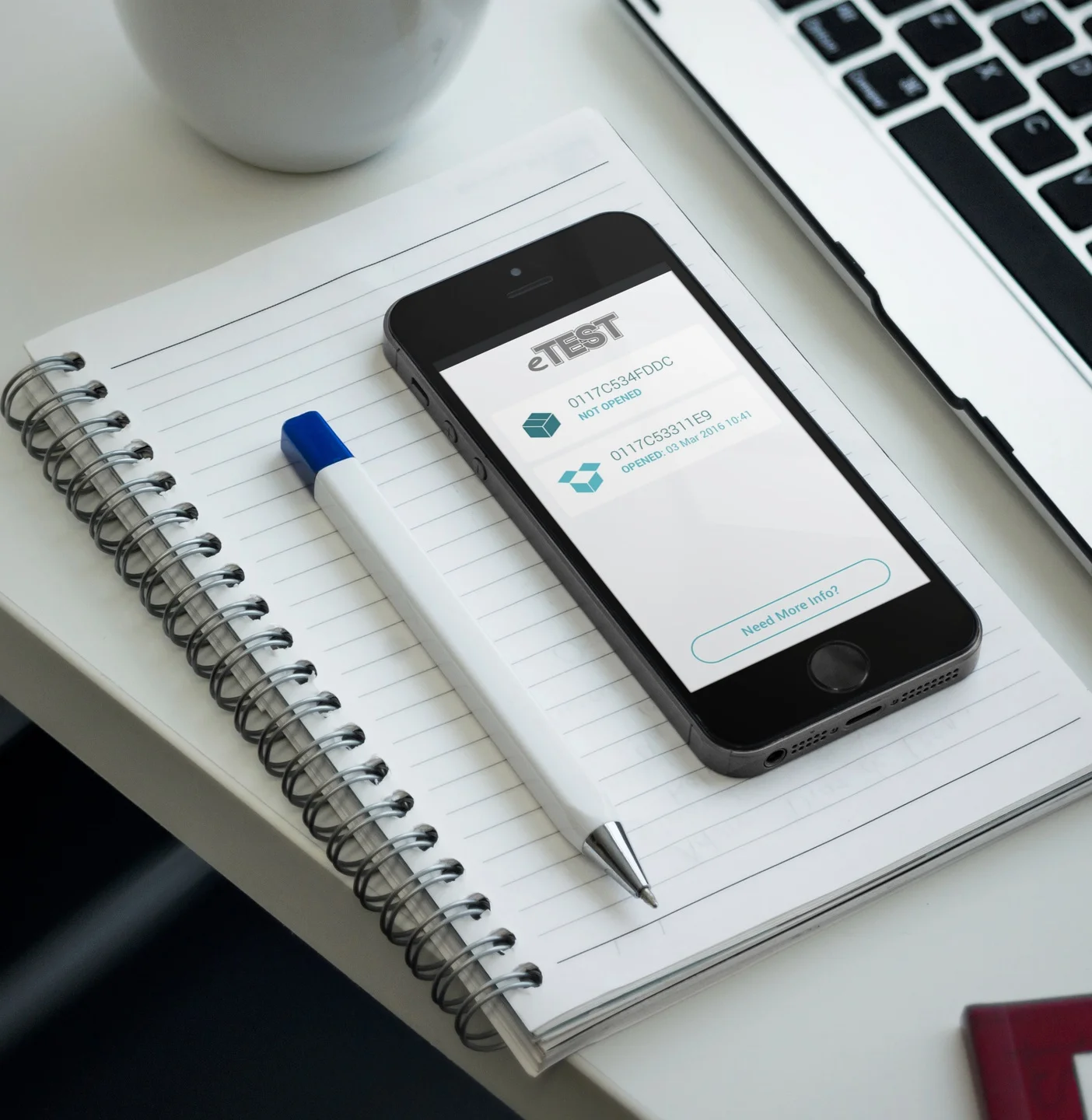We're very excited to share our first publication from the eTEST project! In this paper, we report results from some qualitative research we conducted to help inform the development of eTEST. We showed that using a smartphone together with an internet-of-things (IoT) device to provide counseling and linkage to care after testing for HIV at home is feasible and could be a welcomed resource that helps those at-risk get tested more often, while also giving them the support they need.
In gay/bi men living with HIV, very heavy drinking increases the risk for engaging in behavior that can transmit HIV
Some might say, "No, duh!" But, we conducted one of the first studies to explore whether specific levels of drinking on a given day increased the odds of engaging in behavior that can transmit HIV in gay/bi men who are living with HIV. In this paper, published in the journal AIDS & Behavior, we showed that drinking more than 5 drinks on a given day increased the odds of engaging in sex that could transmit HIV that same day more than two-fold, and having more than 12 drinks increased those odds over 6-fold. These findings are in stark contrast to similar studies of straight men and women, which don't show such pronounced increases.
Computers/devices can be used to improve HIV medication adherence
In this review we published in the journal Translational Behavioral Medicine, we explored the scientific evidence for using computers and other electronic devices to help people take their HIV medications regularly and on time. Good news, even simple tools can be helpful! Imagine the potential that more sophisticated programs might have!



